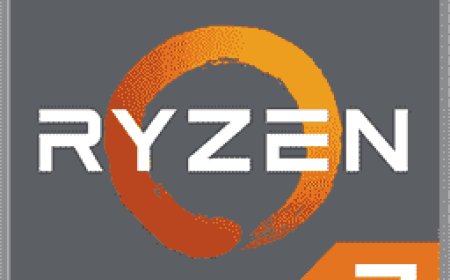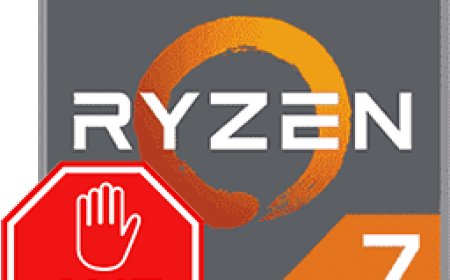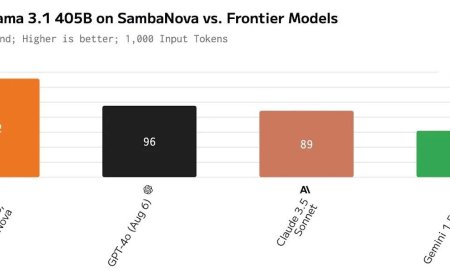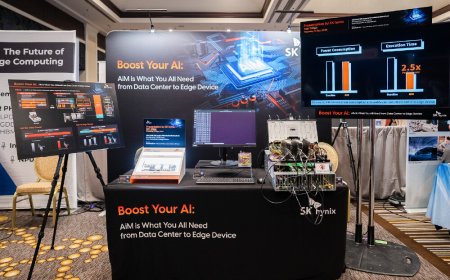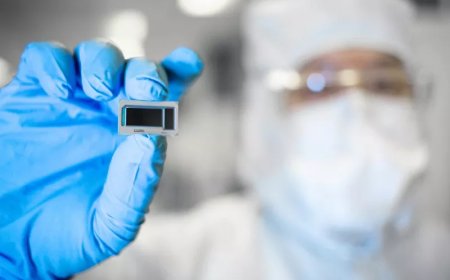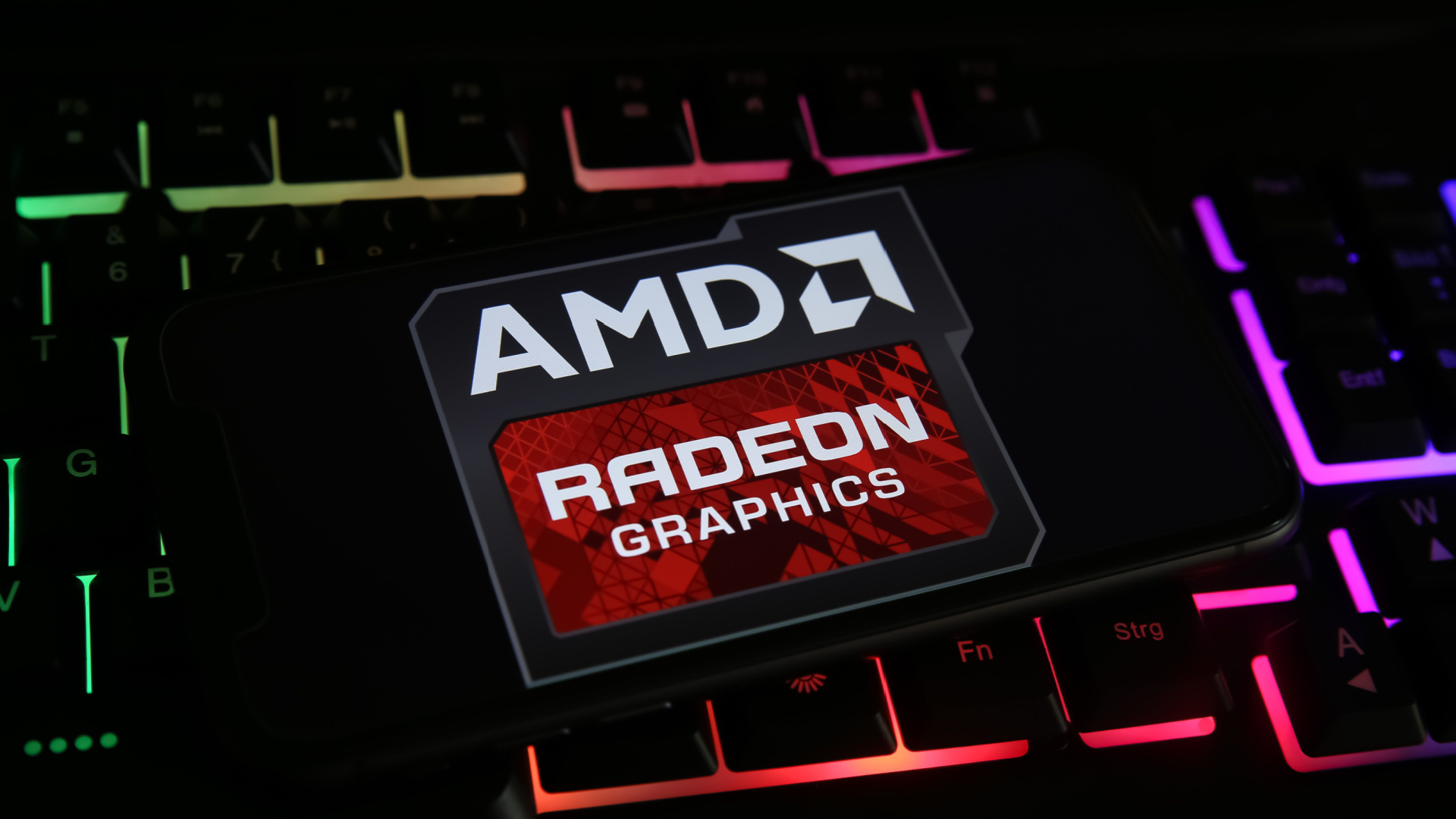Official AMD AGESA 1.0.0.7 BIOS Firmware With Ryzen 7000 Burnout Fix To Release In Early May
Official AMD AGESA 1.0.0.7 BIOS Firmware With Ryzen 7000 Burnout Fix To Release In Early May
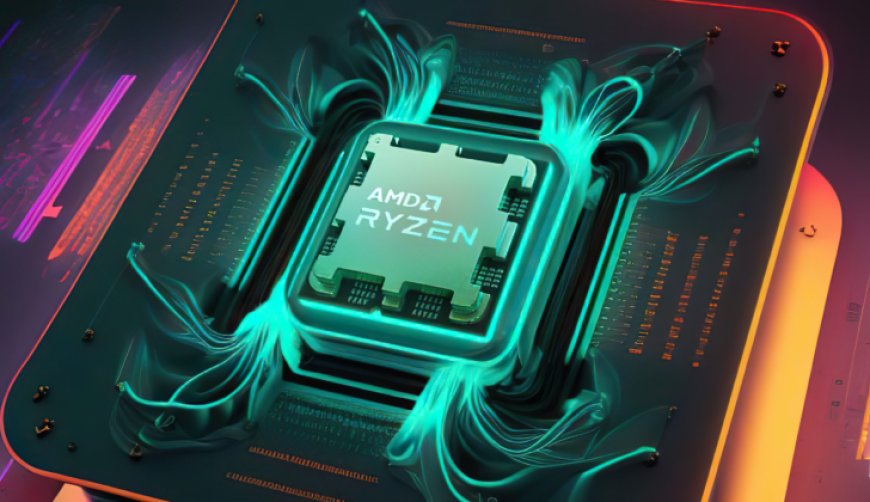
AMD has made it mandatory for all Ryzen 7000 CPU owners to update to the new AGESA 1.0.0.7 BIOS once it's available next month to avoid burnout issues.
While updating its board partners, AMD revealed that the AGESA 1.0.0.7 BIOS firmware will feature more than just voltage limitations and is mandatory for users to update their motherboards so that they can avoid any burnout issues that are being reported online. Following is the HKEPC's update on the matter:
In response to the Ryzen 7000X3D CPU burnout incident, AMD released the AGESA 1.0.0.7 firmware to save lives. According to the motherboard manufacturer, it does not simply limit the SOC voltage to 1.3V, but also modifies the PROCHOT Control and 'PROCHOT Deassertion Ramp Time is two mechanisms related to thermal safety, .7000X3D users must update to AGESA 1.0.0.7 BIOS as soon as possible
It is understood that PROCHOT Control is a function related to CBS and SMU COMMON. It is a thermal safety function used to prevent the processor from overheating. When the temperature of the processor reaches a critical value, the CPU or other system components will send a PROCHOT signal. The processor The power is then reduced to lower the temperature and prevent possible damage. PROCHOT Deassertion Ramp Time is the time definition for the processor to return to normal power again after the PROCHOT overheating signal occurs. The time interval required for the processor to gradually increase its power and return to normal operating conditions when the temperature drops back below the critical value.
AGESA 1.0.0.7 obviously becomes conservative in the definition of PROCHOT, the voltage and temperature thresholds related to PROCHOT and SOC / IMC will be greatly reduced, and the interval time between power consumption recovery will be longer, which means that this CPU burn event is not a single cause, On the one hand, the SOC voltage is too high, coupled with the imperfect thermal management, but it will take time to verify whether the problem can be really solved.
The emergency BIOS temporarily released by major motherboard manufacturers is based on AGESA 1.0.0.6, which simply limits the SOC voltage, so 1.0.0.7 is AMD's official solution. AMD has provided motherboard manufacturers with a BETA version for internal testing purposes. , the official version is tentatively scheduled to be available on May 6.
via HKEPC
It is stated that due to the issue being severe, all motherboard makers have currently released new BIOS which is still based on the older AGESA 1.0.0.6 firmware but limits the SOC voltage to 1.3V. It's a temporary solution and it looks like ASUS's recently released AGESA 1.0.0.7 BETA BIOS uses some form of that version. The true BIOS firmware isn't expected until the 6th of May which is when all major board partners are expected to release their first official AGESA 1.0.0.7 BIOS firmware.
Now what's different between AGESA 1.0.0.6 and AGESA 1.0.0.7 BIOS firmware is that the while the older firmware only limits the SOC voltage, the new firmware also updates the PROCHOT Control & PROCHOT Deassertion Ramp Time which is an internal mechanism on Ryzen 7000 CPUs used for thermal protection. This mechanism takes into account the temperature and when it hits the critical limit, it sends a PROCHOT signal which reduces power to lower the temperature and also prevents any kind of damage from occurring.
AMD's official statement can be read below:
We have root caused the issue and have already distributed a new AGESA that puts measures in place on certain power rails on AM5 motherboards to prevent the CPU from operating beyond its specification limits, including a cap on SOC voltage at 1.3V. None of these changes affect the ability of our Ryzen 7000 Series processors to overclock memory using EXPO or XMP kits or boost performance using PBO technology.
We expect all of our ODM partners to release new BIOS for their AM5 boards over the next few days. We recommend all users to check their motherboard manufacturers website and update their BIOS to ensure their system has the most up to date software for their processor.
Anyone whose CPU may have been impacted by this issue should contact AMD customer support. Our customer service team is aware of the situation and prioritizing these cases.
AMD Spokesperson via Anandtech
The Ramp function then comes into effect after the CPU has cooled out and returns to a normal power range. The new Firmware is expected to add some conservative values to both of these features and it is very weird that AMD just found out about this issue now since the Ryzen 7000 CPUs have been out for months now.
News Sources: Harukaze5719, HKEPC
What's Your Reaction?









